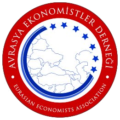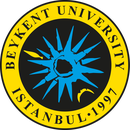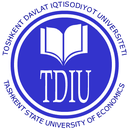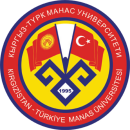
International Conference on Eurasian Economies
18-20 June 2018 – Tashkent, UZBEKISTAN
Paper detail
Paper ID : 2040
Status : Paper published
Language : English
Topic : Growth and Development
Presenter: Mrs. Nargiza Sakmurzaeva
Session : 2A Development
The Role of Education in Economic Development: A Comparison of South Korea and Kyrgyzstan
The Role of Education in Economic Development: A Comparison of South Korea and Kyrgyzstan
- Mrs. Nargiza Sakmurzaeva (Kyrgyz-Turkish Manas University, Kyrgyzstan)
Abstract
Education plays a big role in the economic development of the country. No country can achieve sustainable economic development without educated human capital. Education helps people to understand themselves and world. It improves the quality of their lives and leads to broad social benefits to individuals and society. Education is a very important in raising productivity of people and promotes technological development. The main purpose of this paper is to identify the role of education in the economic development by comparing South Korea and Kyrgyzstan which are represents developed and developing countries of the world. South Korea, for example, is a highly industrialized and developed country which educational system is in the list of the best 10 systems in the world. In opposite, Kyrgyzstan is an agricultural country which economy is dominated by minerals extraction, agriculture, and reliance on remittances from citizens working abroad. As a result of the research it can be concluded that education is a compulsory and one of the major tools for development of one country. A developing country with a small economy such as Kyrgyzstan should take an example from South Korea and allocate much money from the national budget for the education. So, it is important for Kyrgyzstan to implement educational policy of developed countries within the framework of national policy.
JEL codes:
Sakmurzaeva, Nargiza (2018). "The Role of Education in Economic Development: A Comparison of South Korea and Kyrgyzstan" in Proceedings of International Conference of Eurasian Economies 2018, pp.29-33, Tashkent, UZBEKISTAN.
DOI: https://doi.org/10.36880/C10.02040




